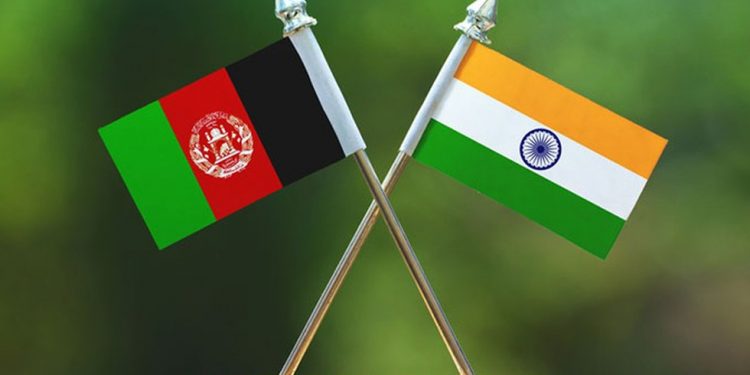Dr. D K Giri
India has deep and historical relations with Afghanistan consisting of trade, culture, education and security. However, New Delhi has been on the periphery of diplomacy on restoring peace and security in Afghanistan. In December 1979, Soviet Union invaded Afghanistan. The United States, a rival of Soviet Union, organised resistance to the Soviet occupation from within Afghanistan. That resistance has mutated into a formidable fundamentalist-militant force known as Taliban.
Since 1979, much water has flown down from river Amu Darya as Afghanistan has gone through trials and turmoil, lots of bloodshed to restore peace harmony and internal security. It has also been a hotbed for political intrigues and power rivalry by vested interests.
The situation in Afghanistan dramatically changed after 9/11 when it was found that Al-Qaida was operating from Afghan soil. Taliban regime was dislodged in 2001-2002. Since then there has been international efforts to keep Taliban at bay and support the elected government. Despite sustained international support, Afghan government has been wobbly in the fierce resistance by Taliban. The confidence of world power was jolted when the elections in 2019 became controversial. Ashraf Ghani and his rival Abdullah Abdullah were both sworn-in as Presidents. Although the world came to recognize Ghani as the President, the experience left a bad taste in the mouth.
Donald Trump came to power in 2016 and changed the American involvement in the world including Afghanistan. He has had a transactional approach to American foreign policy and he found the heavy presence of American soldiers in Afghanistan costly and bloody.
The President and his team on Afghanistan decided to have a truce with Taliban which had become too formidable to ignore. Also, demographically, Taliban comprises Pashtun tribes which constitute 42 per cent of Afghan population. The peace treaty between American and Taliban was signed in February 2020, paving the way for an Afghan-controlled peace process. Arguably, Pakistan has been a key to American strategy in Afghanistan. But after Osama-bin-Laden was found sheltered in Atobabad, Pakistan, Washington’s confidence in Islamabad was shaken.
India’s position on Afghanistan has been consistent but rigid. New Delhi has dealt only with the government, did not engage with other political forces. It refused to have any contact with Taliban which was playing to the tunes of Pakistan and sponsoring terrorism against India.
The biting point for India came after the US signed the peace accord with Taliban. The major world powers also came to recognise the power and presence of Taliban in the Afghan peace process. The change of strategy in New Delhi also involved an argument that contact with Taliban does not mean acceptance of their ways but simply a step forward. India has invested a lot in Afghanistan, mainly in development projects of the order of 3 billion dollars. Some 400 projects have been implemented in l34 provinces. The other famous project is Chabahar port in Sistan-Baluchistan province of Iran that gives connectivity for India to the landlocked Afghanistan and Central Asia.
The major gap in India-Afghanistan relations was the absence of diplomatic and military engagement in the peace process. India did not want the above-mentioned development interventions go unrecognised in the absence of its diplomatic role. So, New Delhi changed the strategy in favour of a pro-active involvement in the peace process. It was invited at the behest of Afghan government, backed by the US, to Intra-Afghanistan Negotiation (IAN) on September 12 in Qatar. Pakistan successfully opposed India’s participation.
India’s participation in IAN involving Taliban is a major shift in New Delhi’s Afghan strategy. India wants a sovereign, united, stable, plural and democratic Afghanistan.
India’s national interest lies mainly in ensuring that Afghan soil and Taliban are not used by its opponents like China and Pakistan to train terror on India. That is the point impressed upon by Americans and even Russians. Both suggest that if New Delhi wants to neutralise Taliban then it must talk to them. The other possibility is that by talking to Taliban, New Delhi may be able to transform them into a peace entity. Although, Taliban holds a traditional Islamist position, they are interested in development and stability.
Afghanistan occupies a strategic point for India’s security. We should not have left the space entirely to Pakistan, and later to China.
INFA. The writer is Professor of International Politics, JMI.







































